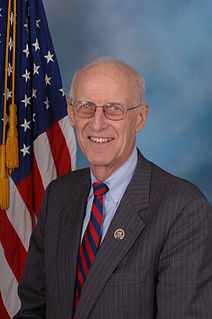A Quote by Diane von Furstenberg
I always was fascinated with China, because I was born in Europe, and for us, China had this fascination and mystery. The first time I came here was in 1989. They were on bicycles, and the speed of the growth has been incredible.
Quote Topics
Related Quotes
The threat of China is not military. The threat of China is they can't be intimidated. Europe you can intimidate. When the US tries to get people to stop investing in Iran, European companies pull out, China disregards it. You look at history and understand why - they've been around for 4,000 years, they have contempt for the barbarians, they just don't give a damn.
What is applicable is to understand that first of all China has undergone a huge revolution in the last years. Anyone who saw China as I did in 1971 - and for that matter even in 1979, because not much had changed between 1971 and 1979 - and sees China today, knows one is in a different economic system.
The concept of graphene came along in 1947, but nobody paid much attention to it. I was fascinated because it had a linear E versus K while everything else that people were working on at that time had a quadratic dispersion relationship. I wondered why this was and what was so special about it. That was my fascination.






































